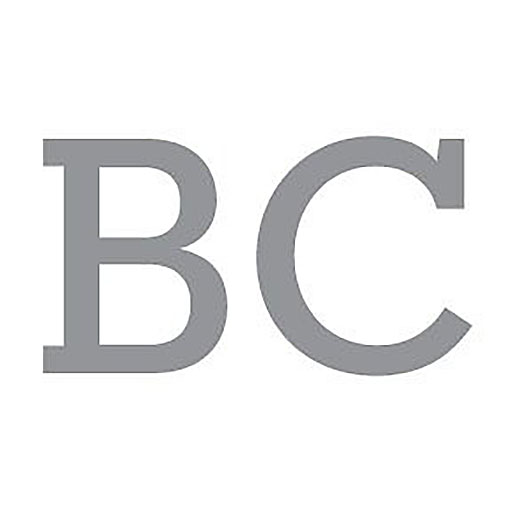Piping Hot
In 2022, Piper Enge, a 15-year-old swimmer for the Bellevue Club, was supposed to attend the Winter Junior Nationals swim meet in Russia. But, like many other athletic events in the past few years, it was cancelled. The meet was especially important for Enge because it’s one of only a handful in which swimmers can qualify for the U.S. National Team. Plus, it’d give her invaluable experience at larger meets.
“I was pretty bummed,” Enge says, but she kept training nonetheless. And her perseverance recently paid off when she qualified for the replacement meet—the 2022 Junior Pan Pacific Championships this August in Hawaii. The elite event allows for only 20 men and 20 women from various countries to compete and qualify for world championships.
Enge will be competing in the 100-meter breaststroke, an event in which she is currently ranked fifth fastest in the country. She sat down with Reflections to talk about how she trained her way through COVID and what it feels like to swim against her heroes on the world stage.
Reflections magazine: What does attending the 2022 Junior Pan Pacific Championships meet mean to you?
Piper Enge: This meet was my ultimate goal for the past few months. All my training has gone toward this meet.
RM: When did you start swimming?
PE: I started swimming on a competitive team when I was 6. My mom swam during college, and she encouraged all my siblings to try a bunch of sports growing up. Swimming just happened to be the one I got attached to.
RM: You’re currently the fifth fastest girl in the country in the 100-meter breaststroke, correct? What does that feel like?
PE: Yeah. It’s really cool because a lot of the names above me and some below have been people I’ve looked up to my entire life as my breaststroke idols. I’m in the field with past and present Olympians.
RM: What’s the best advice you’ve received along the way?
PE: Our head coach, Abi, has had so much experience with the National Team and meets like this, and I’ve always dreamt really big. Abi has never once thought I couldn’t do something I said I could do. As soon as this became a meet, she said, “You can make this team.”
RM: How do you handle the mental side of the sport?
PE: It’s been hard because a lot of the meets, when I was 13 to 15 years old, were cancelled. I was supposed to be hitting national meets, and so I got thrown into the deep end when things opened back up. The hardest part is not knowing whom I’m racing against. The first national meet I was thrown into, I was racing Olympians and Junior National Team members. That was a big step up, and it was really hard to focus mentally knowing these are people who hold national age group records or have been on the Junior National Team.
RM: What was your mindset through COVID?
PE: That was really hard too, so many people fell off. Back in April 2020, a friend and I were swimming in the lake just to get any training in. I was just thinking ahead and trying to not get upset about meets that were cancelled. I knew bigger and better things were on the way and didn’t want to be someone with the same speed at the beginning of COVID and at the end.
RM: How have your peers and community responded to your success?
PE: Everyone has been really supportive. I’m very grateful for the help I have around me, all my high school teammates are very supportive and proud.
RM: Is going to the Olympics the ultimate goal?
PE: Every little kid dreams of that, and the fact that it’s started to become more of a reality is incredible. The fact that I can think about dreaming that big is so cool.
RM: What advice do you have for young swimmers?
PE: It sounds cheesy, but you have to keep having fun. The people who make it purely about college or winning a race might burn out. Happy swimmers are fast swimmers. I’ve always had the best meets when I’m having the most fun.



